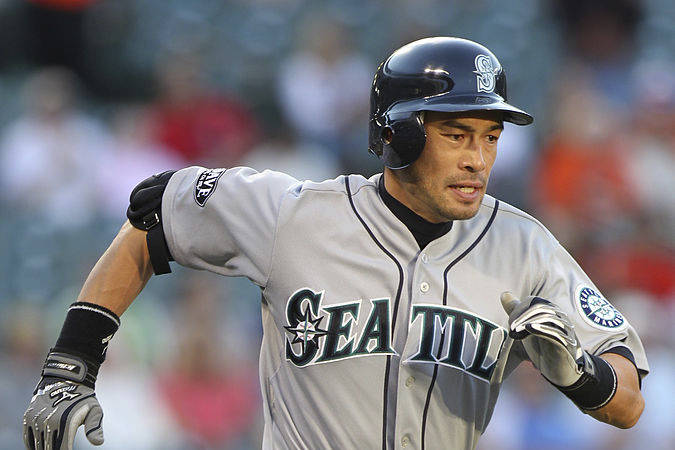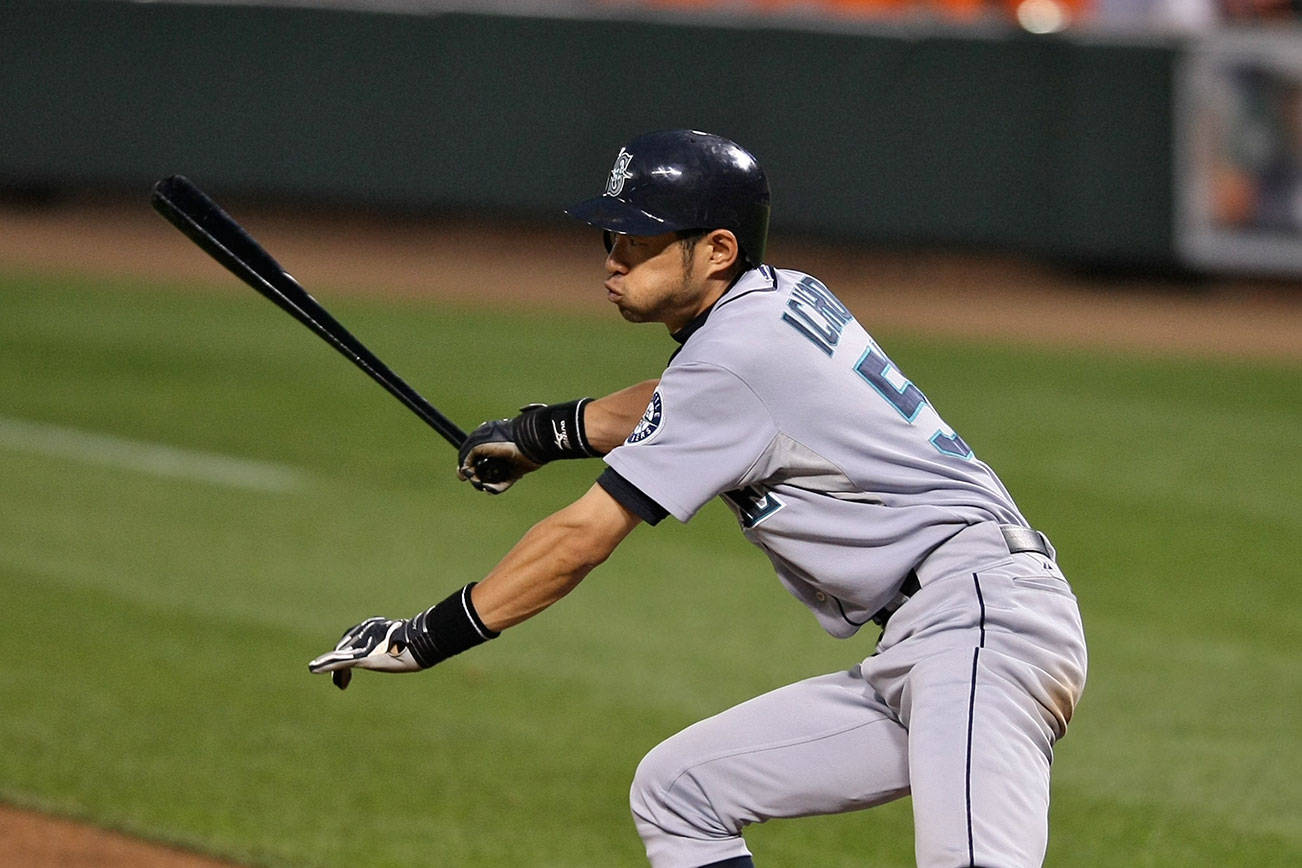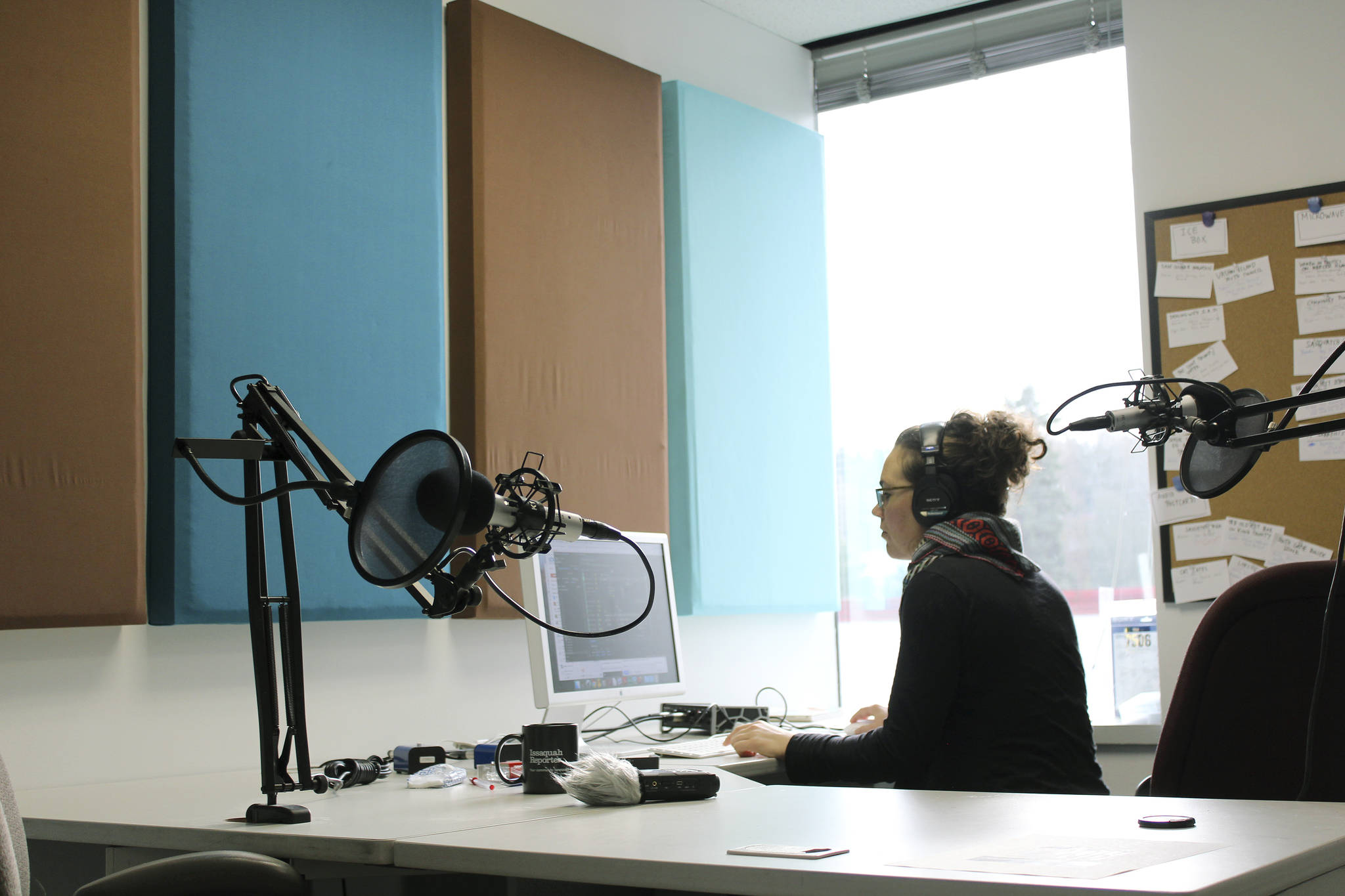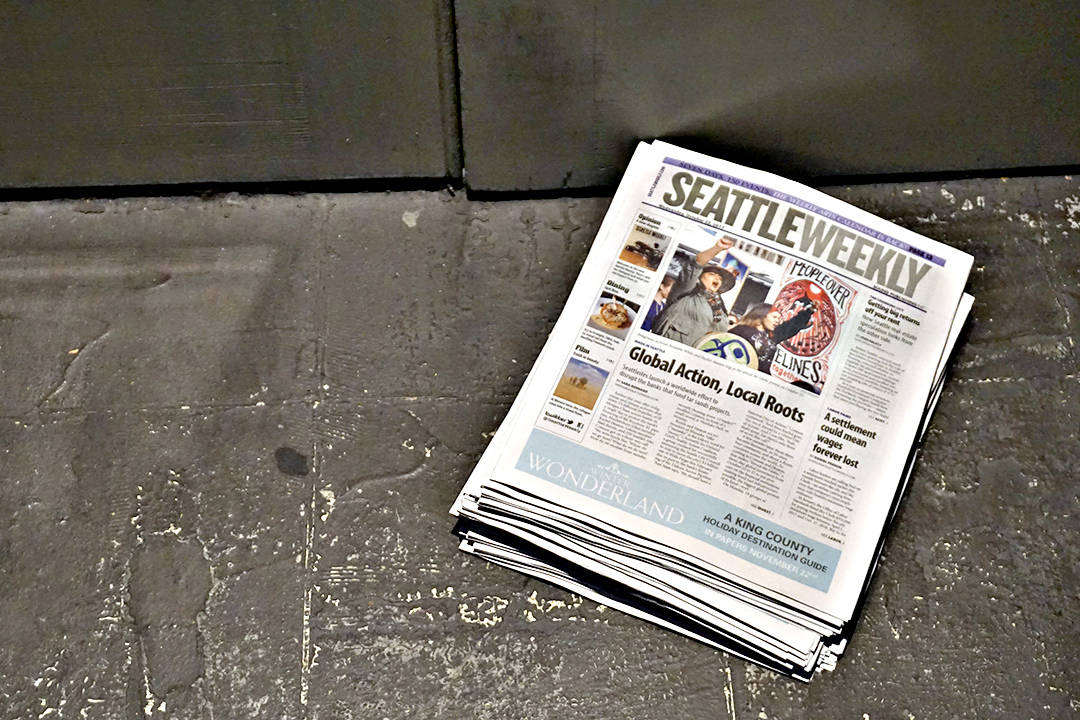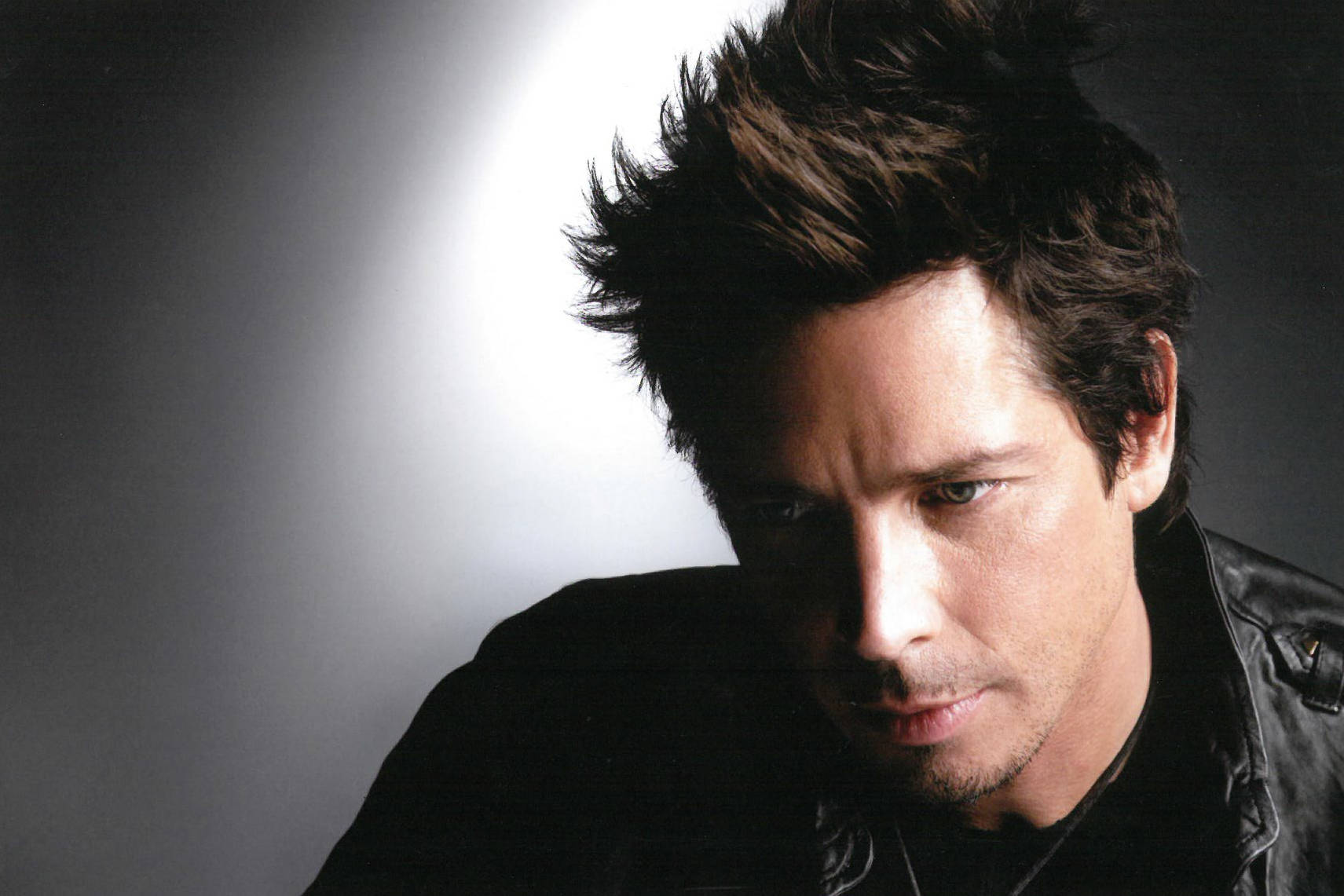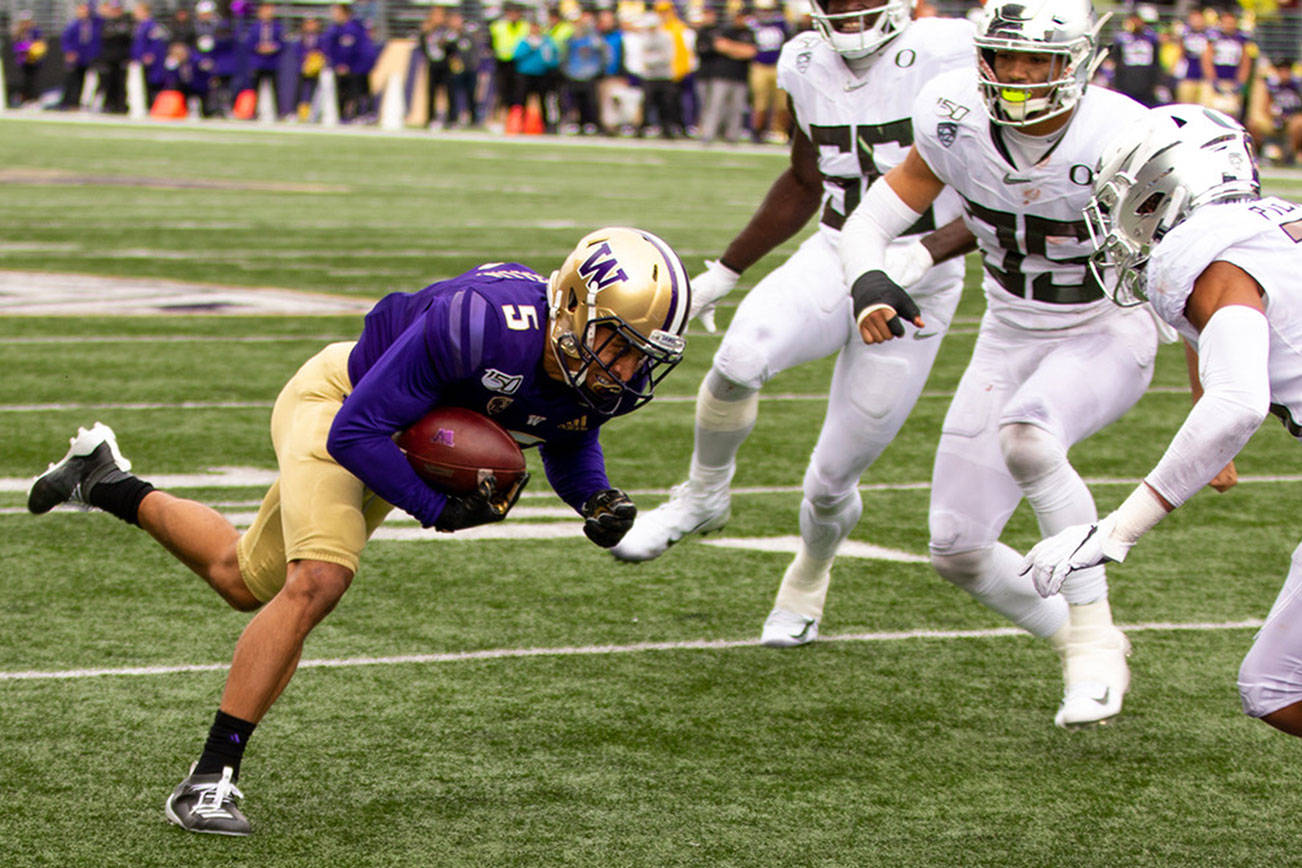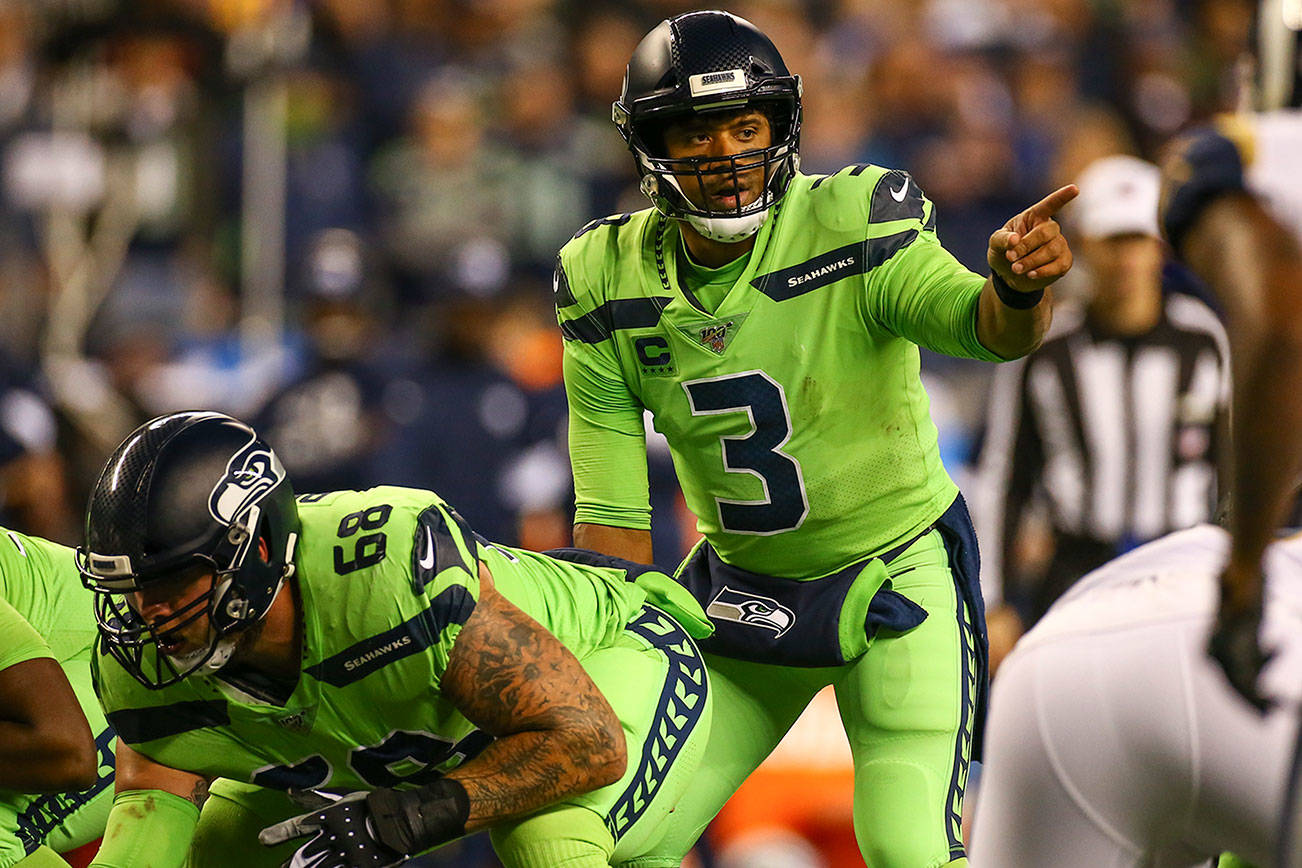Earlier today, ESPN posted a story about Ichiro Suzuki. There have been a lot of stories about the 44-year-old major leaguer today, after he signed a one-year deal with the Seattle Mariners, the team that he started his MLB career with 17 years ago. (We did one too.) But this story, penned by Wright Thompson, wasn’t about the signing. Rather, it was reported before the Mariners and Ichiro’s people had even talked. Mention of the signing was added on as an afterthought.
The story focuses on the precarious position that the long-time major leaguer finds himself in, a man at the end of a career to which he has committed just about every 5-minute block of his life since he was in the third grade. This morning’s announcement doesn’t end Ichiro’s existential dilemma. It only forestalls it.
The article touches on the harsh beginnings of this life-long obsession, the ballplayer’s estrangement from his father, and the baseball culture in Japan. At one point, Thompson quotes Japanese baseball great Sadaharu Oh: “Baseball in America is a game that is born in spring and dies in autumn. In Japan it is bound to winter as the heart is to the body.”
So, yeah, there is much more darkness here than you find in most baseball stories. And that darkness bleeds into the routines that made Ichiro great and the obsession that is a part of most any professional athlete’s life. Within those details are the most compelling parts of this story, and reminders of the inimitable character that is coming back to Seattle. For instance, there is the fact that the man has taken one vacation. One.
He started training every day in the third grade and has never stopped. Once during his career he took a vacation, a trip to Milan that he hated. This past October, Marlins infielder Dee Gordon came to get something at the clubhouse after the season. He heard the crack of a bat in the cages and found Ichiro there, getting in his daily swings. “I really just hope he keeps playing,” Gordon says with a chuckle, “because I don’t want him to die. I believe he might die if he doesn’t keep playing. What is Ichiro gonna do if he doesn’t play baseball?”
And there are all of the stories of ritual that have been trailing Ichiro throughout his career with the Mariners, and then the Yankees, and then the Marlins.
Former first baseman Mike Sweeney, who got close to Ichiro in Seattle, tells one about getting a call from an old teammate who’d had an off-day in New York. You’re not gonna believe this, the guy began. He’d brought along his wife and they walked through Central Park, thrilled to be together in such a serene place. Far off in the distance, at a sandlot field with an old backstop that looked leftover from the 1940s, they saw a guy playing long toss. The big leaguer did the quick math and figured the distant stranger was throwing 300 feet on the fly. Curious, he walked closer. The guy hit balls into the backstop, the powerful shotgun blast of real contact familiar to any serious player. He became impressed, so he got even closer, close enough to see.
The man working out alone in Central Park was Ichiro.
That is some great baseball lore, there. And when Ichiro is called upon to pinch hit for the Mariners this season (and, yeah, that is probably all he is going to do), it is worth remembering how much of himself the man has given to the game and at what cost.
When he’s slumping, his wife has said, she will wake up and find him crying in his sleep. The first time he went on the disabled list as a major leaguer was because of a bleeding stomach ulcer. That year, he’d led Japan to a victory in the 2009 World Baseball Classic, winning the final game with a base hit in extra innings. The stress ate a hole in his stomach. Weeks later, a Mariners team doctor told him he couldn’t play on Opening Day. Ichiro refused to listen, his teammate Sweeney says. Before the team ultimately forced him to sit, the doctor tried to explain that a bleeding ulcer was a serious condition that could actually kill him.
Ichiro listened, unmoved.
“I’ll take my chances,” he said.
Please, go read the story.
mbaumgarten@seattleweekly.com
